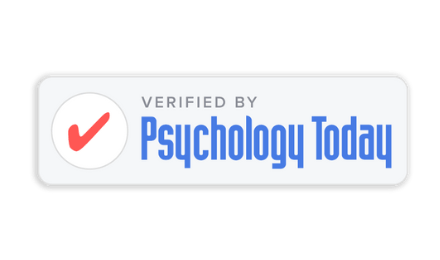The arrival of a new baby brings immense joy, but it can also introduce unique challenges to a couple’s relationship. Sleepless nights, added responsibilities, and shifts in priorities can create distance and strain on the couple’s connection. Couples therapy offers a valuable opportunity for new parents to navigate this transition, reconnect emotionally, and strengthen their relationship. In this blog post, we will explore the benefits of couples therapy for reconnecting after a baby, strategies therapists use, and how it can help couples thrive amidst the joys and challenges of parenthood.
1. Understanding the Impact of Parenthood
Parenthood brings significant changes to a couple’s dynamics and routines. Couples therapy provides a space to explore the emotional impact of these changes, including shifts in roles, expectations, and the added stressors that come with caring for a newborn. Therapists help couples understand the unique challenges of parenthood and create strategies to manage them effectively.
2. Enhancing Communication
Effective communication is crucial for couples navigating the post-baby phase. Couples therapy focuses on improving communication skills, allowing partners to express their needs, concerns, and emotions openly and respectfully. Therapists teach techniques for active listening, validation, and finding common ground, fostering healthy and productive communication patterns.
3. Reconnecting Emotionally
The emotional bond between partners can sometimes become strained after having a baby. Couples therapy provides a safe and supportive environment for partners to reconnect emotionally. Therapists facilitate exercises and discussions that promote emotional intimacy, trust, and vulnerability, helping partners rebuild and strengthen their emotional connection.
4. Managing Conflict
The stress and exhaustion that often accompany early parenthood can increase the likelihood of conflict between partners. Couples therapy equips couples with effective conflict resolution strategies, helping them address differences, navigate disagreements, and find compromise. Therapists teach constructive ways to manage conflict, ensuring that conflicts do not escalate and negatively impact the relationship.
5. Prioritizing Self-Care and Couple Time
Parenthood can leave little time for self-care and nurturing the couple’s relationship. Couples therapy emphasizes the importance of self-care and helps partners develop strategies for carving out dedicated time for themselves and their relationship. Therapists guide couples in identifying and implementing practical self-care activities and scheduling regular date nights or quality time to strengthen their bond.
6. Co-Parenting Support
Navigating the challenges of co-parenting is crucial for the well-being of both the child and the relationship. Couples therapy offers guidance on effective co-parenting strategies, establishing shared expectations, and maintaining open communication around parenting decisions. Therapists help partners align their parenting styles, address differences in parenting approaches, and foster a collaborative parenting relationship.
7. Managing Expectations and Role Transitions
Couples therapy provides a space for partners to discuss and manage expectations about their roles as parents and individuals. Therapists help couples navigate the adjustments and transitions that come with parenthood, ensuring both partners feel heard and supported. By addressing these expectations and roles, couples can create a more harmonious and fulfilling parenting journey.
Conclusion
Couples therapy for reconnecting after having a baby offers a supportive and nurturing space for partners to navigate the challenges of early parenthood and strengthen their relationship. By focusing on enhancing communication, emotional connection, conflict resolution, co-parenting strategies, and self-care, couples can thrive amidst the joys and demands of parenthood. If you’re feeling disconnected or overwhelmed after having a baby, consider reaching out to a qualified couples therapist. They can provide the guidance, tools, and support you need to nurture your relationship and create a strong foundation for your family’s future. Remember, investing in your relationship is an investment in your child’s well-being and the long-term happiness of your family.








